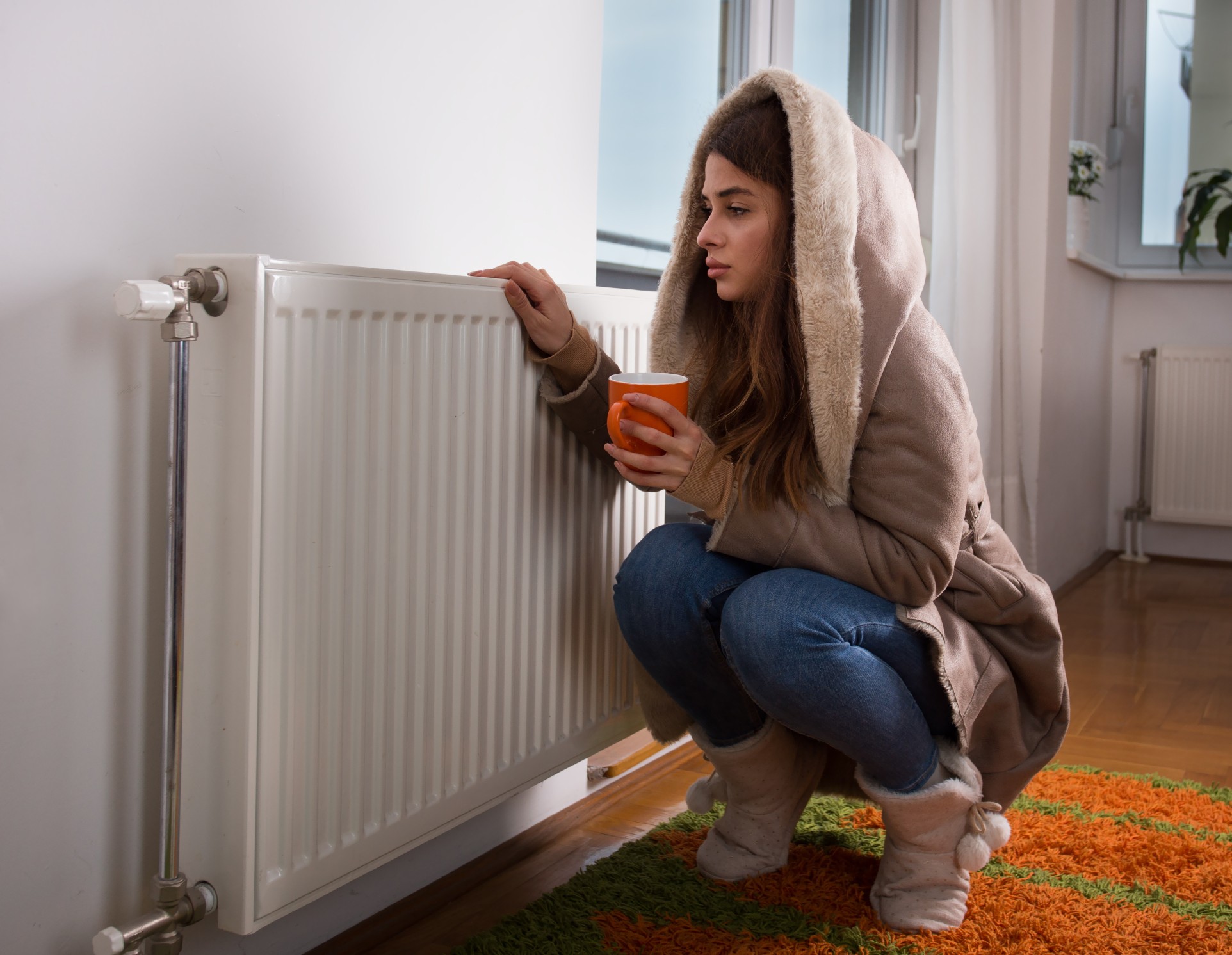
Heavy Rain, Flooding, and Chance of Severe Weather Staring Down the Southern U.S.
January 22, 2024
Posted: March 5, 2021 1:43 pm





Navigating a power outage can be scary, even more so during the colder months of winter. Learn how to prepare your home for an event like this along with what steps to take to keep you safe and sound until power is restored.
Unless you have a warm place to stay, your best option is to stay inside. If conditions are severe enough to warrant a power outage, it’s like that the roads aren’t safe for traveling either. In addition, it will be more difficult for your body to regain temperature after going out in the cold. You
When the power goes out, it’s important to get strategic. Close all blinds and curtains on your windows and doors in order to keep heat in. You can also pack a rolled-up blanket or towel across the bottom edge to prevent drafts.
You should always have an emergency kit in your home in an easily accessible location. If you don’t have this, try to gather things like flashlights, batteries, and candles while you still have daylight to work with.
It’s also a good idea to layer up items of clothing and blankets. If the power outage is prolonged, you can consider wearing gloves, a hat, and a scarf to add additional protection.
It’s never a bad idea to stock up on some frequently used food products ahead of winter. You want to think about things that are going to be easy to use and are able to be eaten as is, without any cooking involved. Some good options for this are canned fruits and vegetables, cereal, and oatmeal. You should also have some bottled water available to use for cooking and drinking.
This is not a one-size-fits-all category. Many homes have access to a fireplace, which is a great option for keeping warm. If you are using a portable space heater, then make sure there is a clear area surrounding it to prevent a fire hazard. Lastly, generators can help supply your home with the necessary heat and power but make sure they are run outside. These machines, along with cars, produce carbon monoxide. This is a clear and odorless gas that can lead to poisoning and death at high levels. Always make sure your generators are run outside, and that your garage door is vented if you are running your car for any length of time.
Once power is restored, there are a few steps you can take to minimize the impact of future power outages. First, you should delay using large appliances like your washing machine or dishwasher. This allows the power grid to “catch up” and not be immediately overloaded as it is stabilized. Next, take stock of your emergency supplies, both physical items, and food storage. Determine what needs to be replaced relatively soon and what else you can stock up on. Don’t forget about having a can opener handy! Finally, if you felt like you were scrambling to find extra blankets or other items, consider putting them all together in a central location. This will allow you to grab them quickly and easily next time.

January 21, 2024

January 19, 2024

January 18, 2024